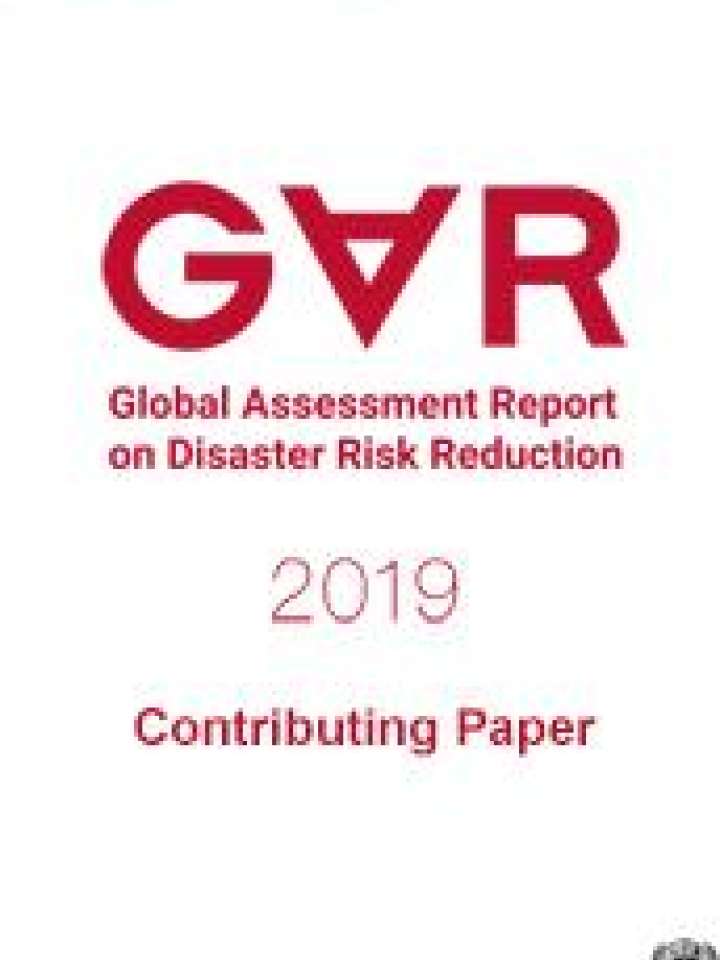Experiences of challenge-led research in earthquake-prone and volcanic regions
The UK’s Increasing Resilience to Natural Hazards (IRNH) Programme was established in 2010 to support science-led research aiming to increase social and economic resilience in earthquake-prone and volcanic regions. IRNH marked a new direction for geoscience research in the UK: challenge-led, involving both physical and social science research disciplines (funded by two different research councils), and working with an impact focus in low and middle-income countries.
This paper provides some reflections on what has been achieved and what has been learned during IRNH about challenge-led interdisciplinary and transdisciplinary research that aims to support disaster risk reduction (DRR) and contribute to resilience-building processes. The authors structure their reflections around three aspects: project and programme management, success and achievement, and legacy. The authors hope that the lessons learned by the IRNH Programme will be of value to others who are working to better understand and manage disaster risk and other efforts to apply scientific advances to societal problems using interdisciplinary and transdisciplinary approaches.
This paper is a contribution to the 2019 edition of the Global Assessment Report on Disaster Risk Reduction (GAR 2019).
To cite this paper:
Sargeant, S. et al. Experiences of challenge-led research in earthquake-prone and volcanic regions. Contributing Paper to GAR 2019
